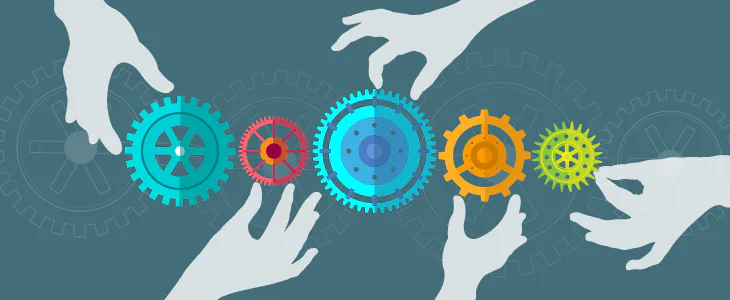Nithya

Project description
As research groups expand in size, it becomes increasingly difficult for community members to identify the expertise within the community and the resources available to help with research challenges. Mentors spend additional time providing ad-hoc support, but this strategy quickly becomes intractable without orchestration supports. I plan to design, implement, and evaluate orchestration technologies capable of detecting diverse student needs, identifying available actions and help resources to meet those needs, and connecting resources and needs in ways that are cognizant of the collective needs and resources across a community.
Research Challenge:
Self-directing independent research requires students to develop regulation skills cognitive, metacognitive, motivational, and emotional skills for reaching a goal that are needed to plan research work, monitor progress, seek help, and reflect on what’s learned [3, 4]. My previous work led to the design of Agile Research Studios (ARS), a socio-technical model that orchestrates the development of regulation skills for up to 20 students by distributing the support for training across a community [5]. While effective, scaling training to more students quickly becomes infeasible without additional orchestration technologies that can help community members identify needs in their own research and connect them to tasks and help resources (mentors and peers) in a decentralized manner. Computational supports for orchestration are necessary as we scale to larger communities because ad-hoc mentoring strategies such as manually routing students to helpers and providing support wherever it is needed quickly become intractable and ineffective at scale.
Proposed Research:
I propose a hybrid human-machine continual support system will decentralize the monitoring and support routing burdens that mentors experience in large scale research communities, and offload that work to technical systems that can monitor and route effectively. Unlike prior approaches that develop automated systems for diagnosing problems and locating expertise [2], I take a mixed-initiative approach that better leverages both technical systems and the entire community to provide support through detecting needs, identifying helpers, and making connections.
Broader Impact:
Improving the quality and scale of research training will mean more students are able to develop the regulation skills in planning, help-seeking, and reflection required to conduct cutting-edge scientific research. Further, by scaling research training opportunities to more learners, we can better prepare the future workforce with the lifelong self-directed learning skills needed to work through today’s complex challenges.
Team
Ph.D. Students
- Alumni: Leesha Maliakal Shah